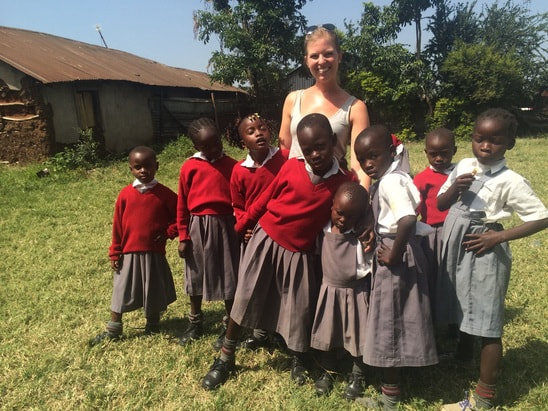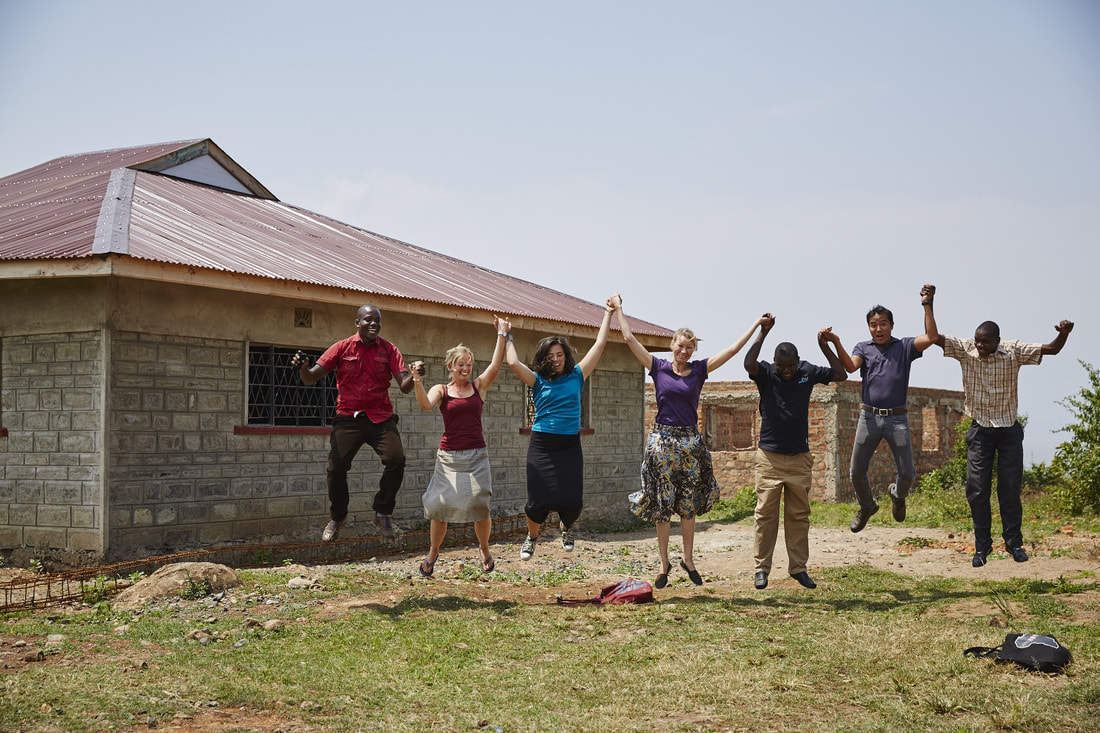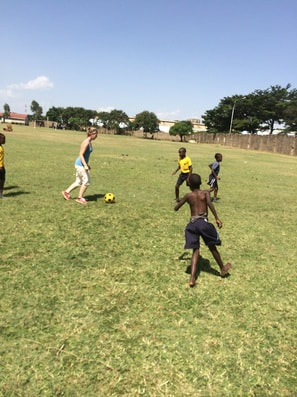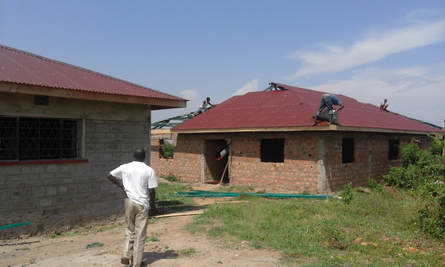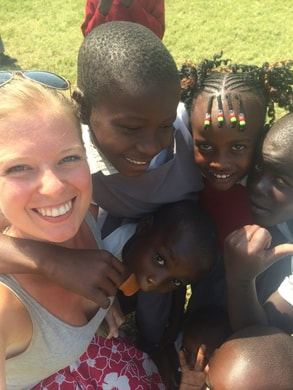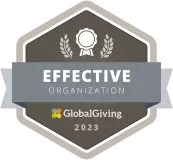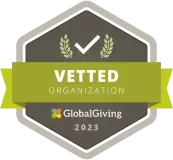Two Months Later
Posted by Claudia Tompei on October 6, 2015
Posted by Claudia Tompei on October 6, 2015
It has been more than two months since I have returned to Switzerland, but it feels like it was yesterday.
I remember exactly how it all looked in Obambo when I left. There was the school building, the new chicken house in front and our beautiful roofless boarding house on top. I was so happy about what David, Erick and I achieved in those three months! But that wasn’t even everything: I was back home for approximately one week and I got my first roof picture. We made it!
I miss Akili. I miss playing with the girls (I don’t miss getting bad and ugly bruises), dancing, singing and laughing. This was always the best part of my working day and I had more fun playing football than ever, thanks to Lilian, Nancy, Jacinta and Annette. Maybe I should try to become part of my university’s football team.
I remember exactly how it all looked in Obambo when I left. There was the school building, the new chicken house in front and our beautiful roofless boarding house on top. I was so happy about what David, Erick and I achieved in those three months! But that wasn’t even everything: I was back home for approximately one week and I got my first roof picture. We made it!
I miss Akili. I miss playing with the girls (I don’t miss getting bad and ugly bruises), dancing, singing and laughing. This was always the best part of my working day and I had more fun playing football than ever, thanks to Lilian, Nancy, Jacinta and Annette. Maybe I should try to become part of my university’s football team.
We built a boarding house for underprivileged girls from the Obunga Slum in only three months. This shows what can be achieved if you really want it. It was not always easy; we had to face more than one difficult part. However, if you have partners on your side (David and Erick) who are problem-solving kings, anything can be done. :)
A lot of people are asking me about my time in Kenya and once I’ve started I can’t stop myself from telling my stories. Many of my friends were asking me if it was hard to work with such poor and sad girls who have nothing at all; if it made me very sad. But being poor and living in Obunga has nothing to do with being sad and unhappy. And, no, being there never made me feel sad. In fact, they always made me happy because I will probably never know happier girls. I tried to explain to my friends that pity doesn’t help anyone. If you want to change things, you need to take action. They were mostly very surprised about how things are “down there in Africa”.
Another question I always have to answer is, “But how did you communicate? Did you learn African?” Ummm, No! I spoke English. Most Kenyans know English (even better than me sometimes) and there is no language called 'African.' But Yes, they do have their own languages. One of them is Kiswahili and I tried to learn it.
Next question “Do they know Internet?” No. Internet is absolutely uncommon in Kenya and, by the way, no one has a cell phone. (note the sarcasm) Haha! Of course I had Internet (although there was not always a very good connection) and I did not meet a single person without a cell phone. I was clearly not living in 17th century Africa.
But I loved how interested people were in what we are doing. And, if they were asking weird questions, I kept on answering them, trying to change their views on poverty, African men and African women. (And No, there weren’t lions everywhere.) And I never, NEVER EVER get bored explaining how I made the chapatis that everyone in Switzerland loves so much.
Of course there are things I don’t miss… Being called Mzungu is one of them. I got back into my usual “no one is noticing me” state and I like that (most of the time).
I hope to come back soon, to see the school opened and filled with my girls, spending time with my two favorite families (with my two favorite baby girls) eating my two favorite foods (original chapatti and fish) and eating my favorite fruits bought at my favorite fruit stall. And, of course, doing everything else.
A lot of people are asking me about my time in Kenya and once I’ve started I can’t stop myself from telling my stories. Many of my friends were asking me if it was hard to work with such poor and sad girls who have nothing at all; if it made me very sad. But being poor and living in Obunga has nothing to do with being sad and unhappy. And, no, being there never made me feel sad. In fact, they always made me happy because I will probably never know happier girls. I tried to explain to my friends that pity doesn’t help anyone. If you want to change things, you need to take action. They were mostly very surprised about how things are “down there in Africa”.
Another question I always have to answer is, “But how did you communicate? Did you learn African?” Ummm, No! I spoke English. Most Kenyans know English (even better than me sometimes) and there is no language called 'African.' But Yes, they do have their own languages. One of them is Kiswahili and I tried to learn it.
Next question “Do they know Internet?” No. Internet is absolutely uncommon in Kenya and, by the way, no one has a cell phone. (note the sarcasm) Haha! Of course I had Internet (although there was not always a very good connection) and I did not meet a single person without a cell phone. I was clearly not living in 17th century Africa.
But I loved how interested people were in what we are doing. And, if they were asking weird questions, I kept on answering them, trying to change their views on poverty, African men and African women. (And No, there weren’t lions everywhere.) And I never, NEVER EVER get bored explaining how I made the chapatis that everyone in Switzerland loves so much.
Of course there are things I don’t miss… Being called Mzungu is one of them. I got back into my usual “no one is noticing me” state and I like that (most of the time).
I hope to come back soon, to see the school opened and filled with my girls, spending time with my two favorite families (with my two favorite baby girls) eating my two favorite foods (original chapatti and fish) and eating my favorite fruits bought at my favorite fruit stall. And, of course, doing everything else.

